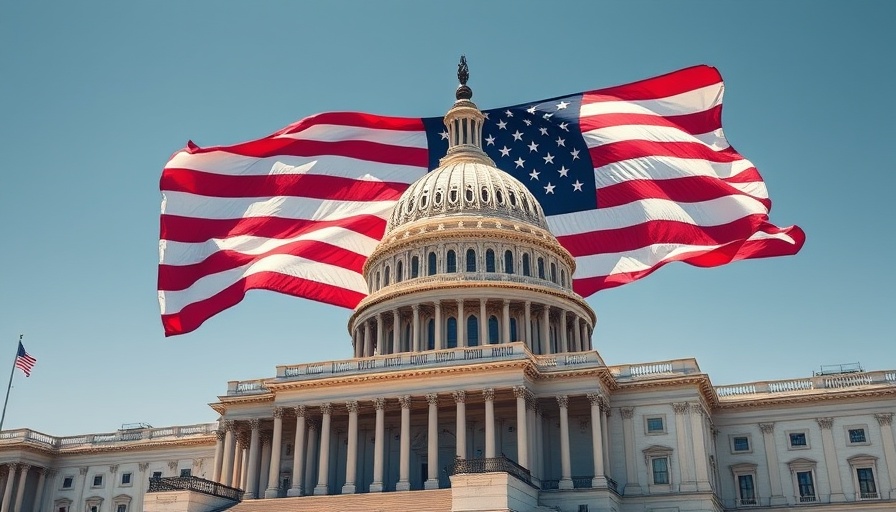
Understanding the Importance of Financial Inclusion
Financial inclusion is more than just a trending topic; it’s a vital component that ensures all individuals have access to useful and affordable financial products and services. The recent partnership between Rego Payment Architectures, Inc. and Aambé Financial aims to bridge this gap within Indian Country, targeting the 574 federally recognized tribes and their 6 million members. This effort is especially significant given the historical context of economic exclusion faced by Native communities.
A Solution Anchored in Community Values
The collaboration reflects the commitment to enhance financial equity, cultural relevance, and the preservation of economic traditions. As Ron Spoerl, CEO of Aambé Financial, emphasized, this partnership is about “bringing REGO into Indian Country” as a step towards generational transformation. This approach respects cultural values while introducing modern financial technology to help families achieve long-term financial stability.
The Role of Youth Banking in Financial Literacy
One of the flagship offerings of this partnership is REGO’s youth banking product. Designed for children with parental oversight, this platform not only teaches kids how to earn, save, spend, and give but also fosters a sense of family engagement in financial education. By embedding financial literacy into daily practices, we are creating a generation that is financially savvy and prepared for future investment planning.
Expanding to Elder Care: A Critical Need
Future phases of this partnership will introduce tools designed specifically for elders and caregivers, which is crucial as the population ages. With many retirees seeking options that ensure their financial security during their golden years, the elder care component of this partnership could provide essential support for managing finances tailored to individual needs.
Fractional Investing: A Game Changer
Furthermore, introducing fractional investing opportunities opens the door for individuals who may not have large sums of money to invest. It allows people to buy a fraction of high-value assets, democratizing investment opportunities for families who have previously felt marginalized by traditional financial institutions.
A Synergy Between Technology and Tradition
This strategic alliance does not simply introduce a technology solution; it intertwines technology with Indigenous culture and values. As organizations like Aambé Financial aim to empower Native communities, partnerships like these signify a shift towards a system that acknowledges and values heritage, while providing necessary tools for financial independence.
Combatting Elder Scams
As we focus on empowering seniors through financial education, it’s also essential to address the alarming rise in elder fraud and scams. Financial literacy initiatives designed for both youth and seniors can help build awareness around these issues and equip individuals with the knowledge to protect themselves against potential scams, enhancing the security of families as a whole.
Conclusion: A Call for Broader Implementation
This partnership not only serves to revolutionize financial education for Native communities but also sets a precedent for how similar initiatives can function across other marginalized groups. It emphasizes that community-driven solutions, when grounded in trust and respect, can lead to meaningful change. As we watch this partnership unfold, the potential for transforming how communities perceive and manage finances is immense. Taking steps toward financial education can truly create a brighter future for today’s youth, caregivers, and elders alike.
Are you interested in learning more about financial tools that could benefit you or your community? Now is the time to explore educational opportunities that lead to better understanding and management of your finances. Together, we can break barriers and establish a culture of financial well-being.
 Add Row
Add Row  Add
Add 




Write A Comment